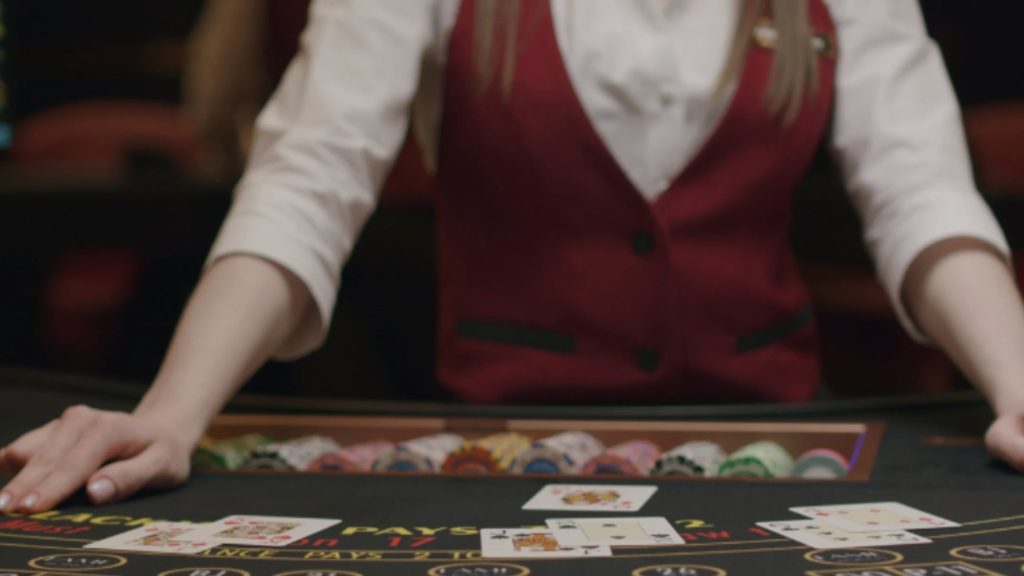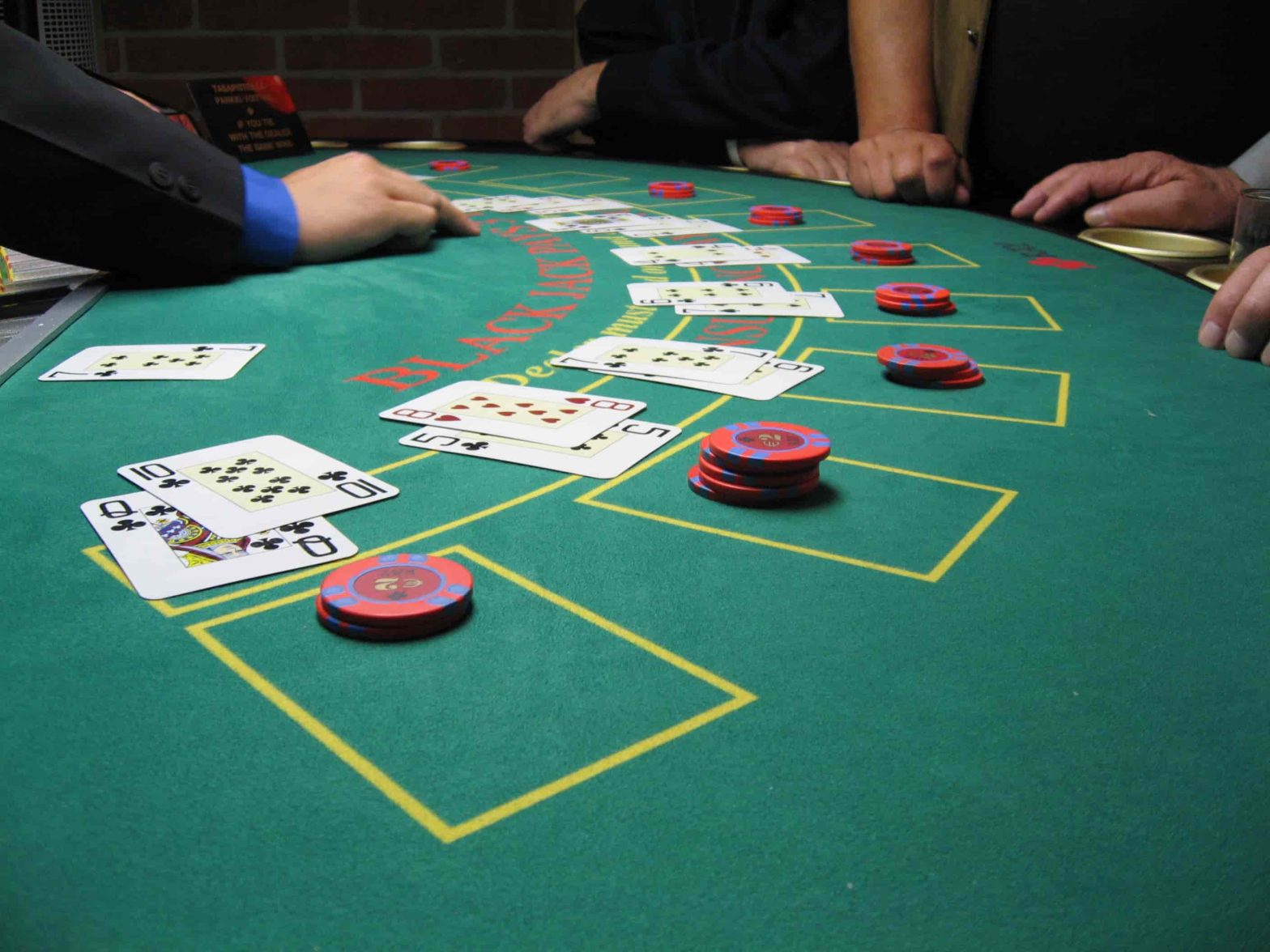Casinos are fast-paced environments. High stakes, quick decisions, and strict security shape every moment.
On the Vave‘s gaming floor, lights flash, chips clink, and voices murmur with anticipation. But behind the scenes, a silent language unfolds. Dealers and pit bosses use hand signals, subtle gestures, and coded phrases. These signals keep operations smooth, prevent cheating, and maintain security—without alarming players.
This system isn’t just tradition. It’s a finely tuned skill that protects the casino and keeps it running. Here’s a look at the fascinating ways casino staff communicate in plain sight.
1. The Art of the Hand Signal
Every movement a dealer makes is deliberate. From the way they shuffle to how they place chips on the table, their hands do more than just facilitate the game. Casinos employ a standardized set of gestures that allow dealers to communicate with pit bosses and security without using words.
- Tapping the table – A common signal indicating the start of a new round.
- Waving over a supervisor – A discreet motion made with two fingers, summoning the pit boss without drawing attention.
- Open palm vs. closed hand – Dealers are trained to keep their hands open when handling chips or cards to show transparency. If they place their hands together, it might be a subtle sign of an issue.
- Crossed arms behind the back – This is often a sign to security that a player is acting suspiciously or has been caught engaging in unethical behavior.
These subtle signals allow casino staff to remain composed and professional while relaying important information swiftly.
2. Coded Phrases: More Than Just Chatter
While players may overhear casual dealer banter, some words carry hidden meanings. These coded phrases help staff coordinate without creating alarm.
- “Check change” – A request to swap smaller chips for larger denominations. It’s also sometimes used as a code to signal the need for a pit boss to verify an unusual transaction.
- “George is in the building” – “George” refers to a particularly generous tipper, a term used by dealers to let others know about a big spender.
- “99 at Table X” – Some casinos use this as a coded warning for security that a potential cheater or card counter has been spotted.
- “Foreign currency” – While it may sound like an exchange-related term, it can sometimes indicate a fake bill or counterfeit chips in play.
By using these verbal shortcuts, staff can keep operations seamless while staying ahead of any potential risks.
3. Surveillance and Security: The Eyes in the Sky
Casino surveillance teams—often called “the eye in the sky”—are an integral part of a casino’s operation. While cameras monitor every inch of the gaming floor, dealers play a key role in identifying potential threats. If a dealer suspects foul play, they can subtly signal security by adjusting their dealing style or using specific phrases.
For example, if a dealer spots card counting at a blackjack table, they might shift their dealing speed, stack the cards differently, or emphasize certain numbers when calling out the totals. These subtle actions serve as cues for security teams to zoom in and observe more closely.
4. Pit Bosses: The Orchestrators of the Floor

Pit bosses oversee multiple tables and act as intermediaries between dealers and upper management. They also rely on a mix of coded language and non-verbal cues.
- A slow nod vs. a quick glance – A slow nod might indicate approval of a large bet payout, whereas a quick glance toward security could signal that a high-roller is under suspicion.
- Writing on the felt – Sometimes, pit bosses make small marks on the gaming table felt with their fingers, seemingly absentmindedly. In reality, these marks act as temporary notes to track specific players or irregular betting patterns.
- Adjusting chips on a tray – A pit boss might arrange chips in a specific way to signal to another dealer or security about a potential issue without saying a word.
These quiet but effective techniques ensure that casino staff work in sync while keeping operations under control.
5. Dealer Etiquette: Controlling the Game Without Words
A casino dealer’s job isn’t just about dealing cards—it’s also about maintaining the integrity of the game. Their body language and expressions are carefully controlled to avoid influencing players.
- Neutral Expressions – Dealers train to keep a poker face, never reacting to a player’s bet or outcome.
- Eye Contact (or Lack Thereof) – Some dealers avoid excessive eye contact to prevent intimidation or unspoken signals that could be misinterpreted.
- Chip Handling – The way dealers stack or slide chips can subtly communicate different messages, such as reinforcing table limits or drawing attention to an unusual pattern of play.
The Hidden World in Plain Sight
The secret language of casino dealers is a fascinating blend of psychology, security, and efficiency. While players focus on their cards and bets, dealers and pit bosses are engaged in a carefully choreographed dance of gestures, signals, and coded phrases that keep the casino running smoothly.
Next time you step into a casino, take a closer look at the staff—you just might catch a glimpse of their hidden communication in action.
